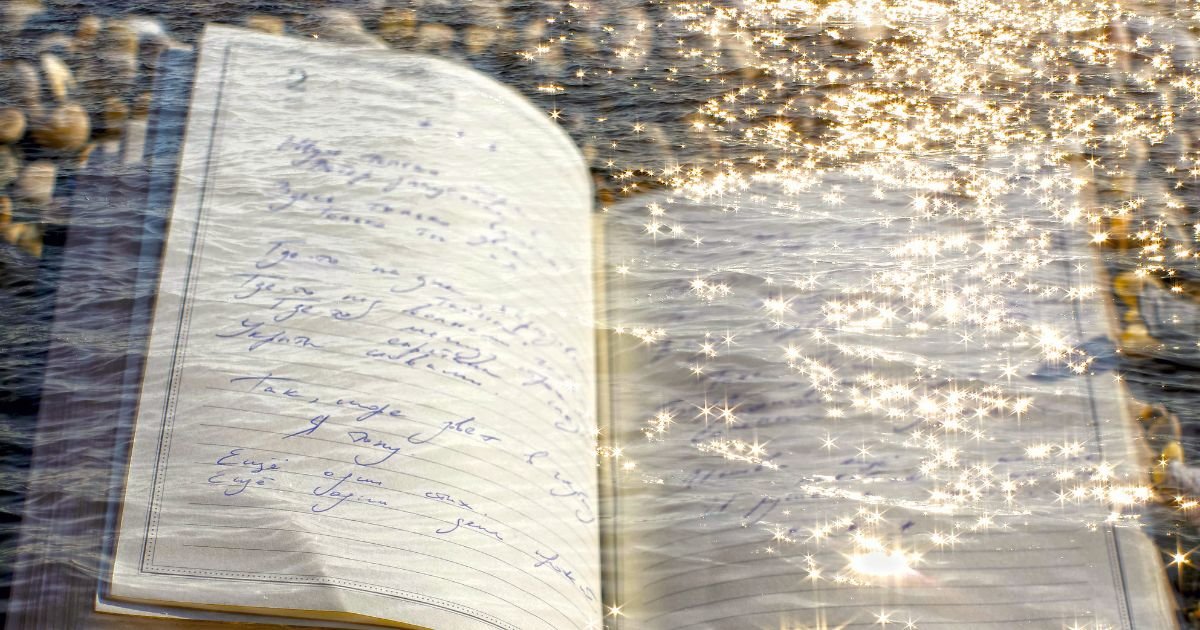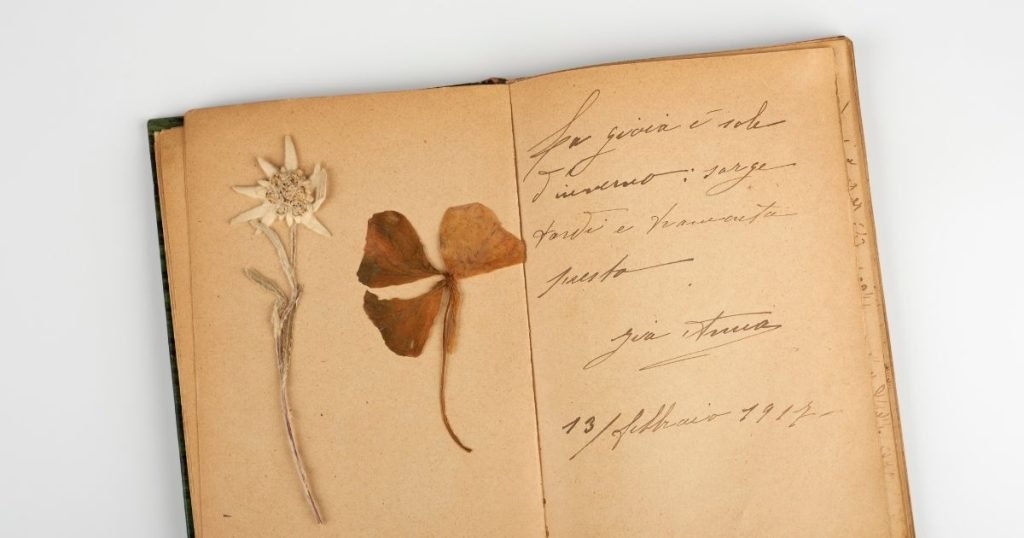“One poem a day keeps Italian at bay!”

“Perdona il gioco di parole” (Sorry for the pun), but you can really read famous italian poems, improve your culture & your Italian at the same time…
If you will be able to listen a poem every day, your knowledge of the Italian language will surely improve!
Ok, we can say the same for songs, movies, games, etc., but poems are possibly better because they (and literature in general) are the work of skilled writers and poets.
In this page you will find a selection of poetries in the Italian language and some suggestions on how to use them to learn Italian.
Of course it’s better to begin with short simple Italian poems and, possibly, learn them by heart.
Just the shortest ones, of course!… If you really like poetry you can read and listen to any poem and learn Italian, we could say, “poem by poem”, i.e. “step by step”
It takes time, but with this method you can “unire l’utile al dilettevole” (combine business with pleasure) as an Italian would say.
Think of poetry as music without instruments!
Read Italian Poetry, Why?

So, what are the many reasons why learning Italian with poetry is a great idea?
1. You will learn many new words
2. Poetry has a different sintax than the normal language
3. Poetry words create images
4. You can practice silent and aloud reading easily because poetries are normally short (reading poetry is much much simpler than reading a book or an article).
5. For famous Italian poems you’ll find easily the English translation online
6. You can easily practice listening – again the text of a poetry is short
7. And… you can write poetries too, maybe very simple poetries, maybe not masterpieces. Petries can be very short and not necessarily logical like other texts, so you can write more freely.
8. By learning famous Italian poems you will learn the culture of the of Italy.
9. Poetries are easier to memorize
Mattina by Giuseppe Ungaretti
| Mattino
M’illumino |
Morning
I illumine me |
This is one of the most famous poetries of Giuseppe Ungaretti… and probably the shortest poetry is ever written!
The title is fundamental because it recalls a moment when the poet, during the war, was embraced by a very strong light coming from above, together with a feeling of warmth.
This light illumed the surrounding environment making him shine from the inside and allowing him to perceive the immensity of the infinite..
That’s the moment when the finite and the infinite become one thing: there is nothing around now, only a great light that gives a deep intuitive understanding to Ungaretti and put him in contact the absolute.
Ho sceso dandoti il braccio” by Eugenio Montale
Ho sceso, dandoti il braccio, almeno un milione di scale
I went down a million stairs, at least, arm in arm with you.
E ora che non ci sei è il vuoto ad ogni gradino.
And now that you are not here, I feel emptiness at each step.
Anche così è stato breve il nostro lungo viaggio.
Our long journey was brief, though.
Il mio dura tuttora, né più mi occorrono
Mine still lasts, but I don’t need
Le coincidenze, le prenotazioni,
any more connections, reservations,
le trappole, gli scorni di chi crede
traps, humiliation of those who think reality
che la realtà sia quella che si vede.
is what we are used to see.Ho sceso milioni di scale dandoti il braccio
I went down a millions of stairs, at least, arm in arm with you,
Non già perché con quattr’occhi forse si vede di più.
and not because with four eyes we see better that with two.
Con te le ho scese perché sapevo che di noi due
With you I went downstairs because I knew, among the two of us,
Le sole vere pupille, sebbene tanto offuscate,
the only real eyes, although very blurred,
erano le tue.
belonged to you.
Verra’ La Morte e Avra’ i Tuoi Occhi by Cesare Pavese
| Verrà la morte e avrà i tuoi occhi
Verrà la morte e avrà i tuoi occhi- Cosí li vedi ogni mattina Per tutti la morte ha uno sguardo. Verrà la morte e avrà i tuoi occhi. Scenderemo nel gorgo muti. |
Death will come and have your eyes
Death will come and have your eyes— That’s what you see each morning Death has a look for everyone. Death will come and have your eyes. We’ll go down into the maelstrom mute. |
These beautiful verses were written in 1950, only a few months before the suicide of the poet. Cesare Pavese had taken his own life at the age of 41, after having been rejected by the American actress Constance Dowling, who is presumed to have inspired this poem.
Ed è subito sera by Salvatore Quasimodo
| Ognuno sta solo sul cuor della terra trafitto da un raggio di sole: ed è subito sera |
Everyone stands alone at the heart of the world, pierced by a ray of sunlight, and suddenly it’s evening.. |
Biglietto lasciato prima di non andar via by Giorgio Caproni
| Biglietto lasciato prima di non andar via
Se non dovessi tornare, |
Note left before not leaving
If I was not to come back, |
Sembra che qualcuno by Carlo Callone
| Sembra che qualcuno
Sembra che qualcuno Qualcuno che Attendo che sia vinta E così non credo |
It seems like someone
It seems like someone Someone who I’m waiting for loneliness And so I do not think |
San Martino by Giosuè Carducci
| San Martino
La nebbia agl’irti colli ma per le vie del borgo Gira su’ ceppi accesi Tra le rossastre nubi |
San Martino
The fog to the steep hills but through the alleys of the village Turns on burning logs Among the reddish clouds |
When Poetry Meets Songs and Movies
Here’s the poetry “San Martino” by Giosuè carducci sang by Fiorello, a popular italian showman. For lyrics and translation see above…
Famous Italian Poems – More Videos
There is a great number of famous Italian poems on Youtube and other video websites. To find them you can write in the search bar on of the following strings of text:
| Name of the poet + lyrics | Name of the poet + words | Name of the poet + text |
| Name of the poet + lirica | Name of the poet + parole | Name of the poet + testo |
If you don’t know any Italian poet, click here for a list of them…
Famous Italian Poems – More Great Resources
Italian literature on Encyclopedia Britannica – The 20th Century